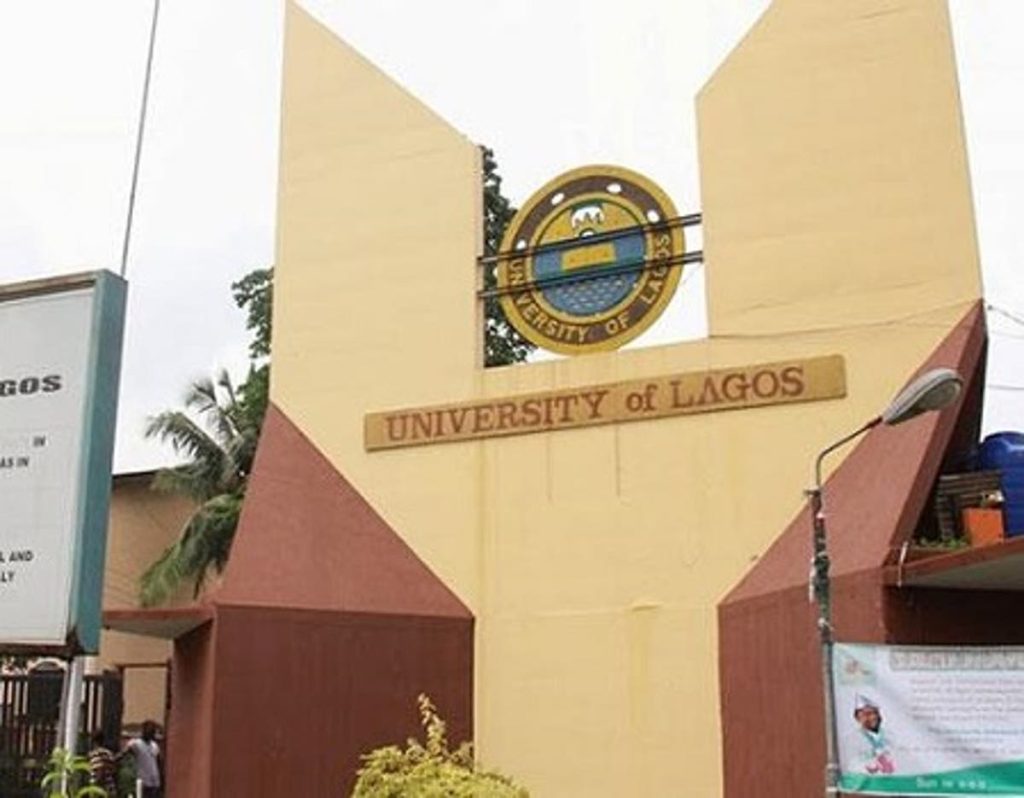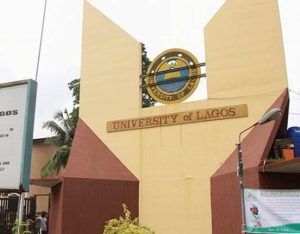
UNILAG POWER DISCONNECTED OVER N1BN DEBT – EKEDC

The Eko Electricity Distribution Company says it disconnected the University of Lagos from the power grid on Tuesday over its failure to pay its over N1bn electricity debt.
The EKEDC Corporate Communications and Strategy General Manager, Babatunde Lasaki, stated this in response to an inquiry sent by our correspondent.
Recall that the management of UNILAG, in a statement on Wednesday, said the university was cut off by the EKEDC despite paying N180m recently.
The management of UNILAG explained that despite ongoing negotiations with EKEDC and a recent payment of N180m on August 20, the university was abruptly disconnected from the power supply without any prior notice.
“Just two weeks after our meeting, we were hit with a staggering bill of nearly half a billion naira (N472m) for July, further increasing our debt burden!
“We kept our promise and paid N180m on August 20, yet on August 27, EKEDC disconnected us without notice and has refused to reconnect the university to the national grid,” the university said.
Reacting, Lasaki said the N180m paid was a small fraction of what the university owes.
“The management of Eko Electricity Distribution Company wishes to acknowledge the recent reports regarding the disconnection of the power supply to the University of Lagos, despite a payment of N180m for July.
“It is imperative to clarify that this payment only partially defrays a small fraction of the outstanding debt owed by the university, which significantly exceeds the amount paid and currently stands at over N1bn, (N1,035,197,446.43),” Lasaki explained.
He stated that the disconnection followed multiple engagements on the recurring accumulated debt.
“It is imperative to state here that UNILAG was disconnected from the power grid on Tuesday, August 27, 2024, due to recurring accumulated outstanding payments and following multiple engagements between the UNILAG team.
“Also, in adherence to regulatory requirements and procedures, disconnection notices were served at different times to the university, and principal staff of the institution.
“The Vice-Chancellor, Prof Folasade Ogunsola; the Director of Works, Mr Olaniyi, and the Head of Technical Department, Mr Ajayi; were among those engaged several times by the EKEDC team led by the GM, Technical Services, Femi Olaoye; AGM, Key Customer Group, Mr. Abdulkadir AbduRahman; and the Ijora District Business Manager, Mr. Clement Sanyaolu,” he added.
Lasaki added that UNILAG’s migration from Band B to Band A tariff followed due process, with adequate engagement and communication regarding the implications.
The tariff increase, he noted, reflects the institution’s average 23 hours of supply availability, aligning with Band A criteria.
“EKEDC has consistently engaged in open dialogue with UNILAG to address concerns regarding the tariff increase and the outstanding debts. While the university has expressed its preference to remain on Band B, it is important to note that tariff classifications are determined based on supply availability and cannot be altered arbitrarily. It is also noteworthy that UNILAG gets power supply from the grid on two dedicated feeders for their consumption.
“While EKEDC values the relationship with UNILAG, it is important to note that as a distribution company, we procure energy from the market and must meet our remittance obligations to sustain the sector and our business. After exhausting all negotiation options without reaching a satisfactory resolution, the institution was disconnected on August 27, 2024.
“We understand the inconvenience caused by this situation and appeal to the members of the university community for their understanding. EKEDC is committed to providing reliable electricity services, but this is contingent on the timely settlement of bills and adherence to agreed-upon terms,” Lasaki noted.
He said EKEDC remains committed to resolving the issue amicably and in a manner that serves the best interests of both parties.
“We have initiated further discussions with UNILAG’s management to explore feasible solutions, including a phased repayment plan that aligns with the university’s budgetary constraints,” he added.
The university’s electricity bill skyrocketed since it was migrated to Band A, a category of customers without electricity subsidies.
Though the Federal Government promised to subsidise electricity in universities, it has yet to commence the process.
